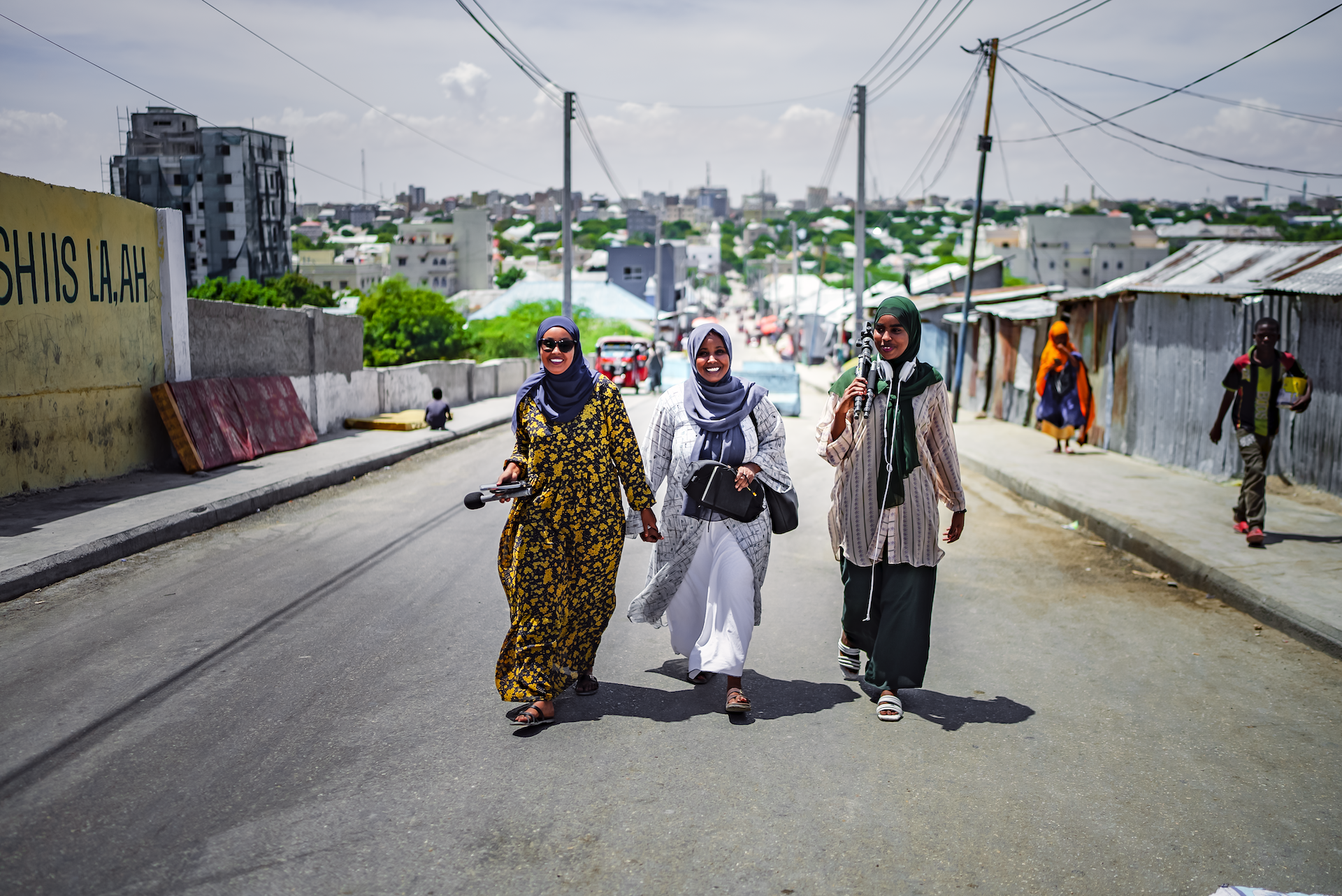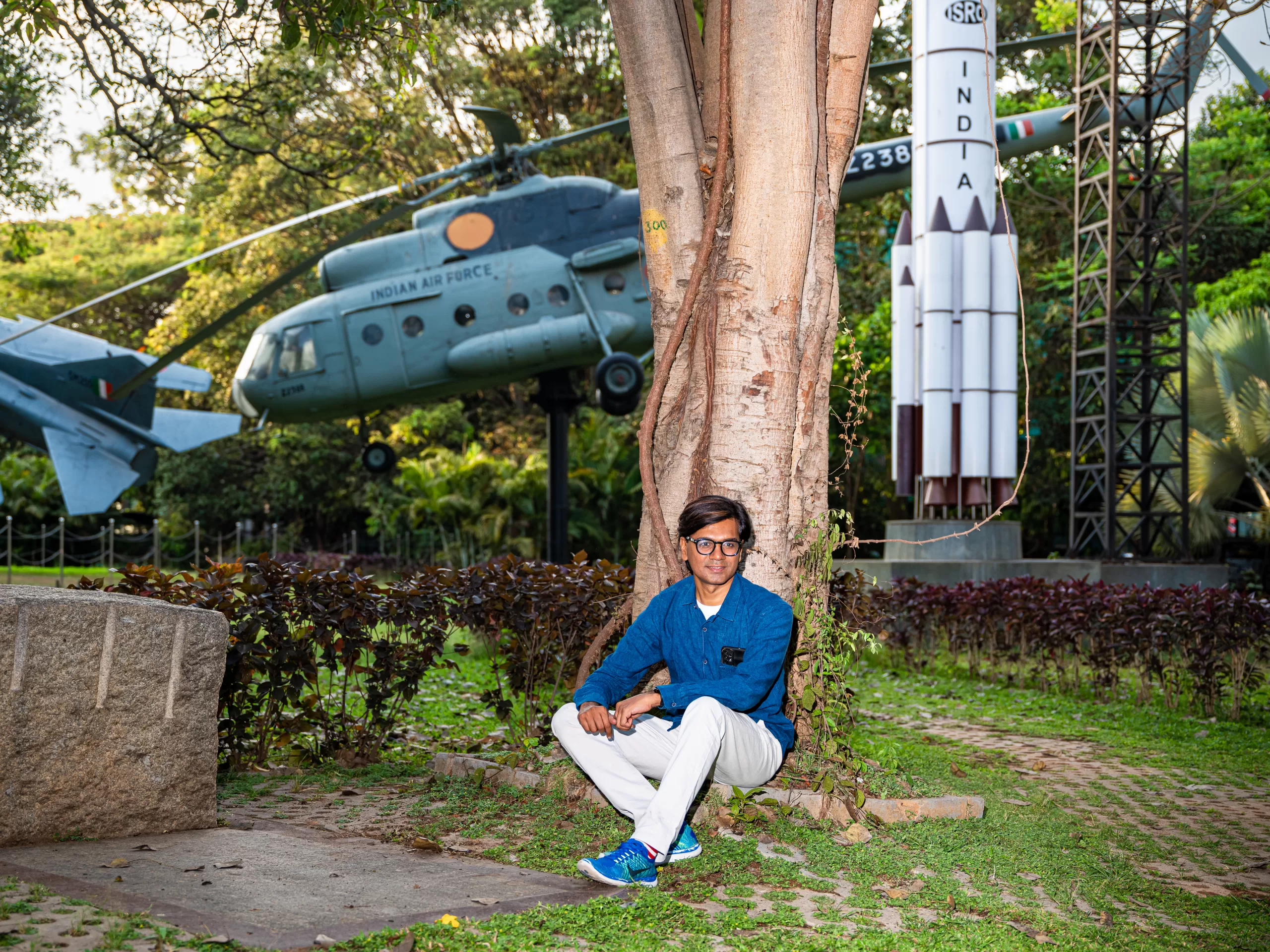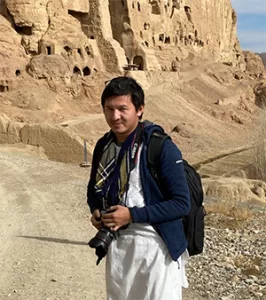Contents – Land of the Free? Trump’s war on speech at home and abroad
Contents
Has the USA, the so-called Land of the Free, become a dangerous country for those who question its government?
Such a notion is, of course, in opposition to the country’s founding principles. Enshrined in the 1791 First Amendment to the US Constitution are citizens’ fundamental freedoms – including freedom of religion, speech, the press, protest and petition. Conveniently glossing over its dark history of colonisation and slavery (whi=ch would continue for nearly a century after the First Amendment was ratified), it signified the USA as a global bastion of democracy, equality and civilised values. Now, Trump appears to be metaphorically setting fire to the paper these principles are written on.
This is having profound impacts within the USA and around the world. Trump was inaugurated for his second term only six months ago, but already he has sought to deport people for their views on Israel and Palestine; threatened universities with eye-watering financial sanctions if they do not adhere to his ideological viewpoints; slashed the budgets of state-funded broadcasters; deployed the National Guard to police protests, a tactic used by military dictatorships; and dismantled the US Agency for International Development (USAID), stopping the work of human rights groups globally.
In this edition, we explore these attacks on free speech at home and abroad.
Up Front
The American Nightmare: Sarah Dawood
Fundamental freedoms are being rapidly dismantled in the “land of liberty”
The Index: Mark Stimpson
A close look at upcoming elections, El Salvador and the attitudes of US border agents
Features
The forgotten Caucasus conflict: JP O’Malley
With journalism restricted, it’s not easy to get to the truth about Azerbaijan and Armenia
Attacked on all fronts in the West Bank: Sarah Dawood
A human rights lawyer who has seen Israeli prisons from the inside
Is this how it is in Somalia?: Abdalle Ahmed Mumin
Journalists criticising the government take their lives in their hands
“People are terrified to speak their minds”: Ruth Green
From a questionable offer of a Georgian literature award comes the perfect opportunity to speak out
The plight of Boualem Sansal: Clemence Manyukwe
Algeria’s answer to Orwell has found himself in a dystopian situation
Climate protest feels the chill: Sally Gimson
Just Stop Oil go on one final outing before hanging up their orange t-shirts
The forgotten Syrians: Mawada Bahah
Assad might have fallen, but hundreds of his critics are still locked up in Lebanon
Going underground in beijing: Murong Xuecun
Singing on the subway can quickly become an act of dissent
From protest to social post: Tiléwa Kazeem
Nigerians are taking to TikTok to voice their frustrations
Special Report: Land of the Free? - Trump's war on speech at home and abroad
American dissident: Martin Bright
Lessons in resistance from those who have been here before
Trump’s first days under scrutiny: Mark Stimpson
A whirlwind of executive orders, and the real impact for free expression
Radio silence: Rebecca L Root
Left without funding, Radio Free Asia is fighting to stay on the airwaves
Borrowing from Erdoğan’s playbook: Kaya Genç
Culture wars in the USA meet culture wars in Turkey
The war on truth: Maksym Filipenko
A new comic from a Ukrainian artist gets to the heart of US interests
Silence is survival in Haiti: Gabriella Jóźwiak
The withdrawal of USAID has left press freedom in tatters
Good news for tyrants: Danson Kahyana
Is the suspension of USAID empowering African dictators?
Land of the litigious bullies: Nik Williams
A road trip across the home of strategic lawsuits that stifle dissent
The rise of the newsfluencer: Liam Scott
Falsehoods, conspiracies and a place in the press pool
Why the UK needs to step up on international aid: Emily Couch
Freedom and human rights are being deprioritised
Befriending the Kremlin: Alexandra Domenech
When Trump and Putin cosy up, there are consequences for the world
An un-American story: Katie Dancey-Downs
Control the books, control the narrative
No power to the people: Mackenzie Argent
US universities have become battlegrounds for free speech
Comment
What we all lose when we lose LGBTQ+ rights: Matthew Beard
Hungary’s Pride event went ahead despite a ban but other spaces for freedom are shrinking
Votes for men?: Raina Lipsitz
It might be time to get the Suffragette banners out of storage
Democratic backsliding: Jemimah Steinfeld
The UK’s free speech record is shaky – but US right-wingers are looking in the wrong place
Lost in translation: Clive Priddle
The era of a less diverse USA, where international literature is turned away
Culture
Goodness Gracious Me in the age of Trump: Salil Tripathi
A new (and unofficial) scene from the hit comedy sketch show pits India against the USA
Documenting Ukraine’s war has a deadly cost: Victoria Amelina, Mark Stimpson
An exclusive extract from the war diary of a writer killed by Russia
The trouble with love: Keletso Thobega
A new anthology paints a picture of queer activism in Africa
A silent life under the Taliban: Sarah Dawood, Barin
When Afghan women are forbidden from speaking, one author writes regardless
Hamilton star on freedom’s fragility: Giles Terera
Taking centre stage to have the last word
Editor's Note, 20 August 2025, Index on Censorship magazine 54.02: Upon further review of the article in this magazine "Reporters branded as traitors", Index's editorial team have determined the article did not meet our editorial standards and it has been removed.



 Mortaza Behboudi (Afghanistan/France)
Mortaza Behboudi (Afghanistan/France)